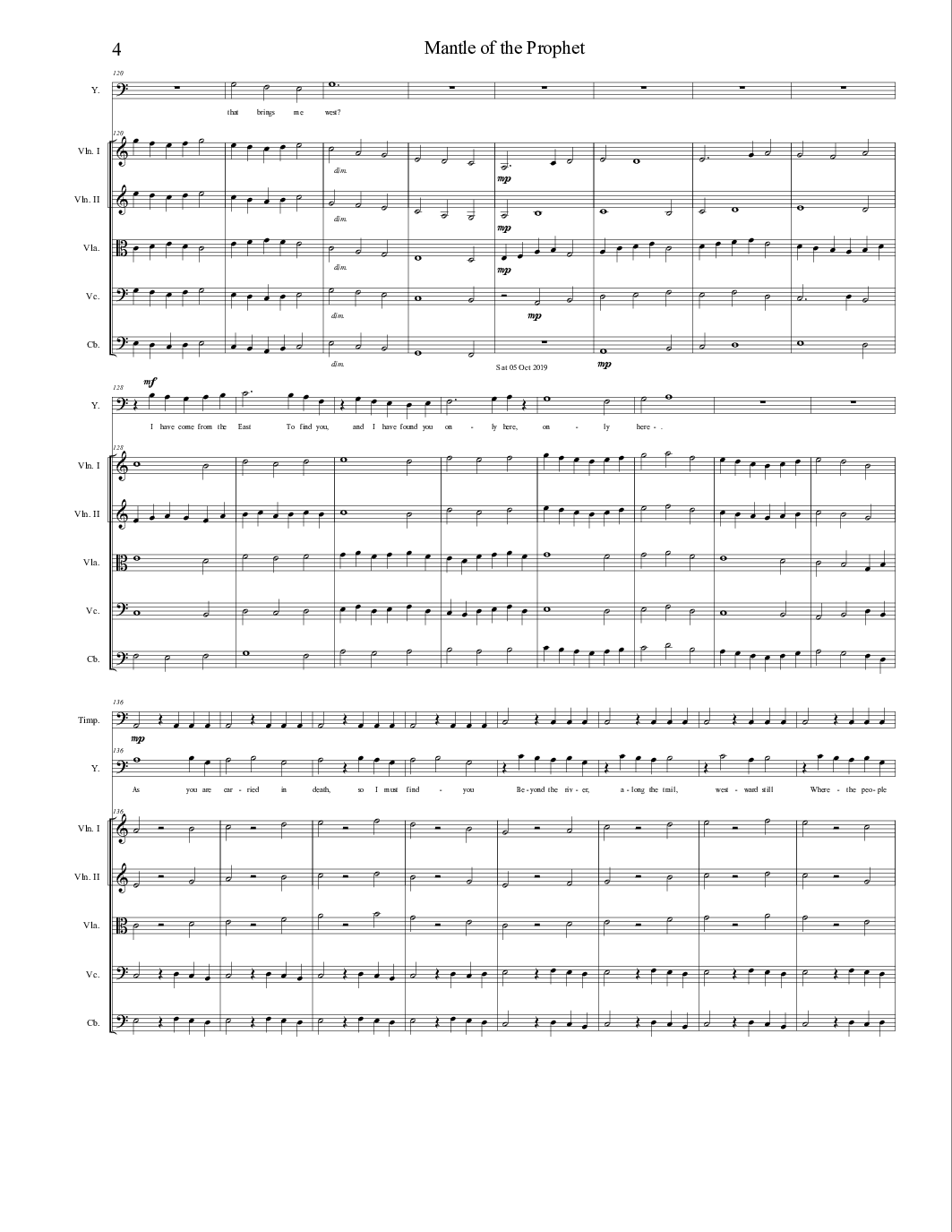

- #ARIA MAESTOSA SELECT ALL NOTES IN ALL TRACKS SOFTWARE#
- #ARIA MAESTOSA SELECT ALL NOTES IN ALL TRACKS PROFESSIONAL#
- #ARIA MAESTOSA SELECT ALL NOTES IN ALL TRACKS FREE#
- #ARIA MAESTOSA SELECT ALL NOTES IN ALL TRACKS WINDOWS#
This can be done by clicking the “ +” or “ –” buttons beside the scroll buttons, or as of version 3.2, using “ Ctrl +” “ Ctrl –” keyboard shortcuts (similar to web browsers and word documents). The first thing you will probably do in the Piano roll is increase the zoom level (this was my first problem). Below the notes, you also see the automation, other MIDI parameters that can be tweaked like velocity, pan, pitch bend etc. Here, you will see the notes in piano roll representation and be able to edit them. You access this by pressing “View -> Show new Piano roll window” or by pressing the button in the toolbar that looks like a, uhm.,piano roll (note that this will create a new window). In the track list window you can change the instuments, name tracks, and mix tracks.įor me, this is where most of the work is done.

73=Flute), it’s faster to type the number directly. You either scroll through the list of 128 GM instruments, but if you already know the number (e.g.
#ARIA MAESTOSA SELECT ALL NOTES IN ALL TRACKS WINDOWS#
There are four windows that show MIDI information differently: It is not as simple as, for example, Aria Maestosa, but it is also not something that you would leave as you become more proficient and advanced. One thing about Sekaiju is that it contains both advanced and basic MIDI editing functionality. But eventually I observed that many DAWs have the same user interface paradigm as Sekaiju. Without any background in MIDI editing, at first I thought that the interface was complicated. You need to restart the program for the changes to take effect. That is the shortcut key for Setup and Language. (Screenshot taken from their website)įor those who prefer an English interface and are mystified by the initial Japanese menus, press “ ALT + S + L” to change to a language you prefer. Sekaiju 2.0 simultaneously showing Track View, Piano Roll and Event List windows.

Sekaiju has a MDI (multiple document interface) GUI, meaning that you don’t have to see everything at the same time. Although the screenshot on their website shows you several child windows at a time, it is much simpler once you try it. Like a well integrated native Windows program, no fancy dark themes most DAWs tend to have*.
#ARIA MAESTOSA SELECT ALL NOTES IN ALL TRACKS PROFESSIONAL#
I personally think that Sekaiju’s screenshots have a clean and professional feel. Although GUI look has nothing to do with functionality, it has a lot of psychological effects.
#ARIA MAESTOSA SELECT ALL NOTES IN ALL TRACKS SOFTWARE#
The first thing that makes me decide whether or not to use any software is how its GUI looks. This tutorial gives an overview of Sekaiju’s user interface and should, hopefully, get you started into using it.
#ARIA MAESTOSA SELECT ALL NOTES IN ALL TRACKS FREE#
I’ve already successfully made a dozen audio tracks using these software combined with free soundfonts/samples and VSTs around the web. So, the next alternative is to have a good free MIDI editor and a way to render to audio using quality VSTs and soundfonts. The free DAWs may be a bit complex and overwhelming especially for beginners ( LMMS and Macaw).

If you are on Windows, the good DAWs cost money. Sekaiju is an actively developed open source MIDI editor for Windows.


 0 kommentar(er)
0 kommentar(er)
